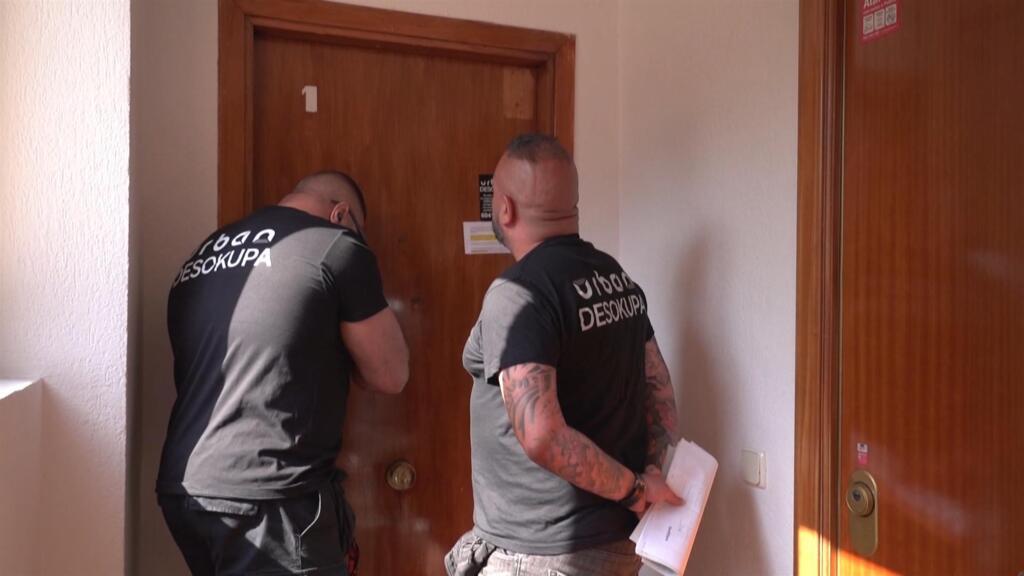Spain's Growing Use of Private Companies to Evict Squatters
In recent years, property owners in Spain have increasingly sought the assistance of private companies to evict unwanted tenants or squatters, known locally as "okupas." This trend has emerged in the context of Spain's worsening housing crisis, highlighting the challenges faced by both property owners and those without stable housing. The methods employed by these private firms are often controversial and, in some countries like France, are even banned due to ethical concerns regarding the eviction of vulnerable populations.
According to reports, the majority of illegal home occupiers are either Spanish families or foreigners who are facing economic hardships and have nowhere else to turn for shelter. This demographic reflects the broader socio-economic landscape in Spain, where housing affordability has become a significant issue for many. As rents rise and the availability of affordable housing diminishes, more individuals and families find themselves resorting to squatting as a means of survival.
The private firms that specialize in evictions employ various strategies to persuade squatters to leave a property. These methods can range from negotiation and mediation to more aggressive tactics, although the latter may involve ethical dilemmas that raise concerns about the treatment of vulnerable individuals. The actions of these companies have sparked public debate about housing rights, social justice, and the responsibilities of property owners in an increasingly difficult housing market.
In Spain, the legal framework surrounding squatting has been a contentious topic. While certain laws protect the rights of property owners, they also recognize the vulnerability of individuals facing homelessness. This creates a complex legal environment, where the speed of eviction processes can become a significant issue. Many property owners are left feeling powerless in the face of lengthy judicial procedures that can prolong the presence of squatters in their properties.
The rise in reliance on private companies for evictions has raised questions about the role of the state in addressing housing issues. Critics argue that the government should take a more active role in providing sustainable housing solutions rather than allowing property owners to outsource eviction processes to private entities. The situation calls for a comprehensive approach to housing that considers both the needs of property owners and the rights of individuals seeking shelter.
As the housing crisis continues to unfold in Spain, it remains to be seen how these dynamics will evolve. The presence of private eviction companies may address immediate concerns for property owners, but it also risks exacerbating the situation for those already struggling to secure a stable home. The ongoing dialogue surrounding housing rights, economic inequality, and social justice will likely play a pivotal role in shaping future housing policies in Spain.












